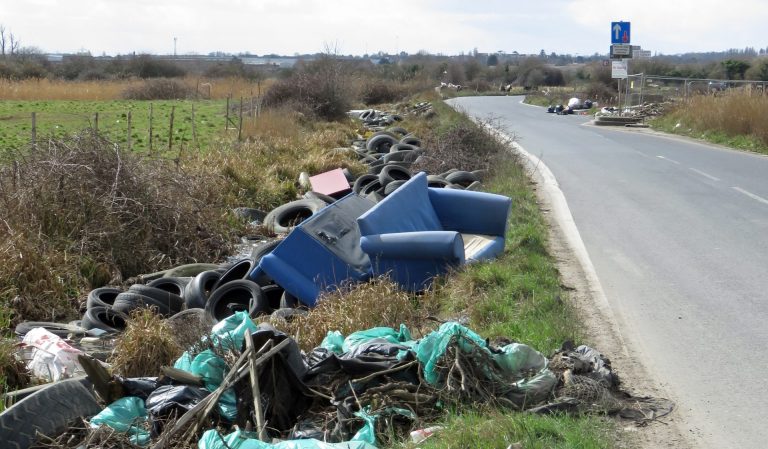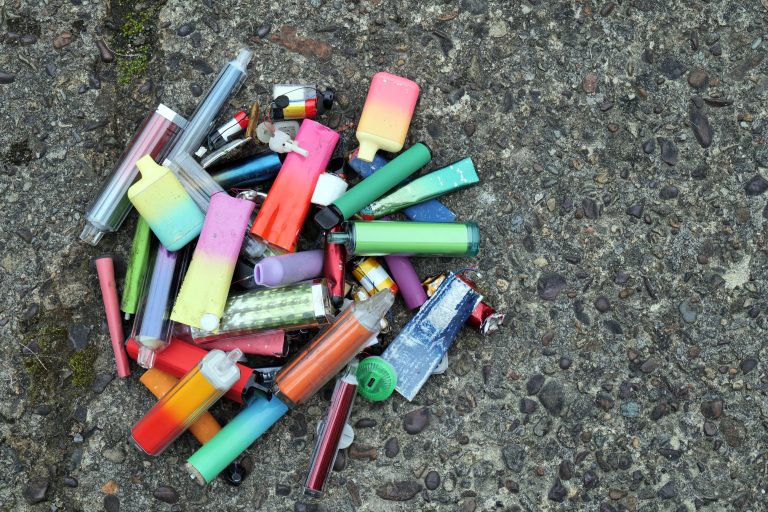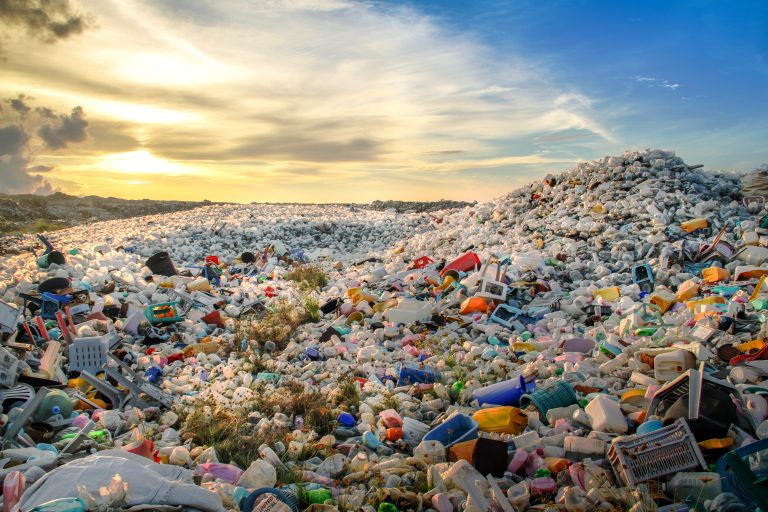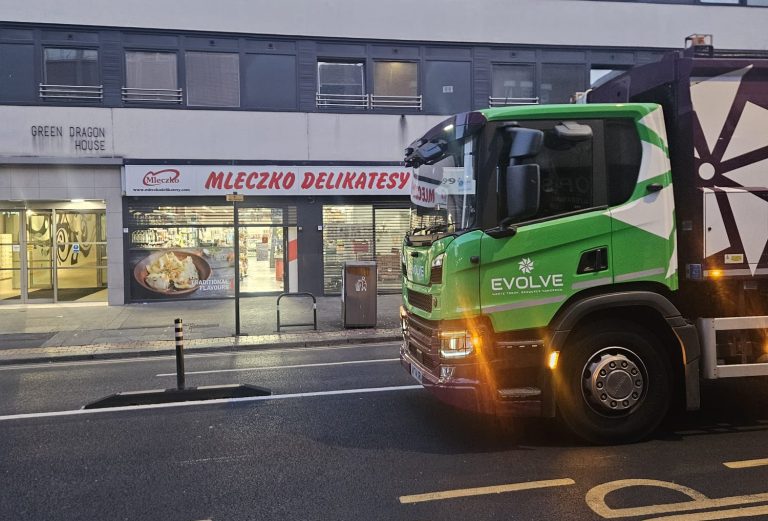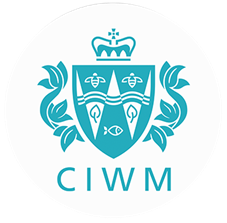Most households are good at separating recycling from general rubbish, but hazardous waste requires special attention. From batteries and paint to cleaning chemicals and electronics, these items can’t go in your regular bin. Disposing of them incorrectly harms the environment, endangers waste workers, and poses risks to your household.
What Counts as Hazardous Waste?
Hazardous waste includes anything toxic, flammable, corrosive, or reactive. Common household items include:
- Batteries (all types) contain heavy metals like mercury and lead that leach into soil and water
- Paint and solvents hold chemicals that shouldn’t enter the waste stream, even when dried
- Household chemicals like bleach and drain cleaners can react dangerously when compressed in waste trucks
- Pesticides and fertilizers are designed to kill living things, making them particularly hazardous
- Motor oil and car fluids – just one litre can contaminate a million litres of water
- Light bulbs containing mercury, plus LEDs with electronic components
- Electronics with valuable materials but also toxic substances like lead
- Aerosols under pressure that can explode if punctured
- Medical waste including sharps and expired medications
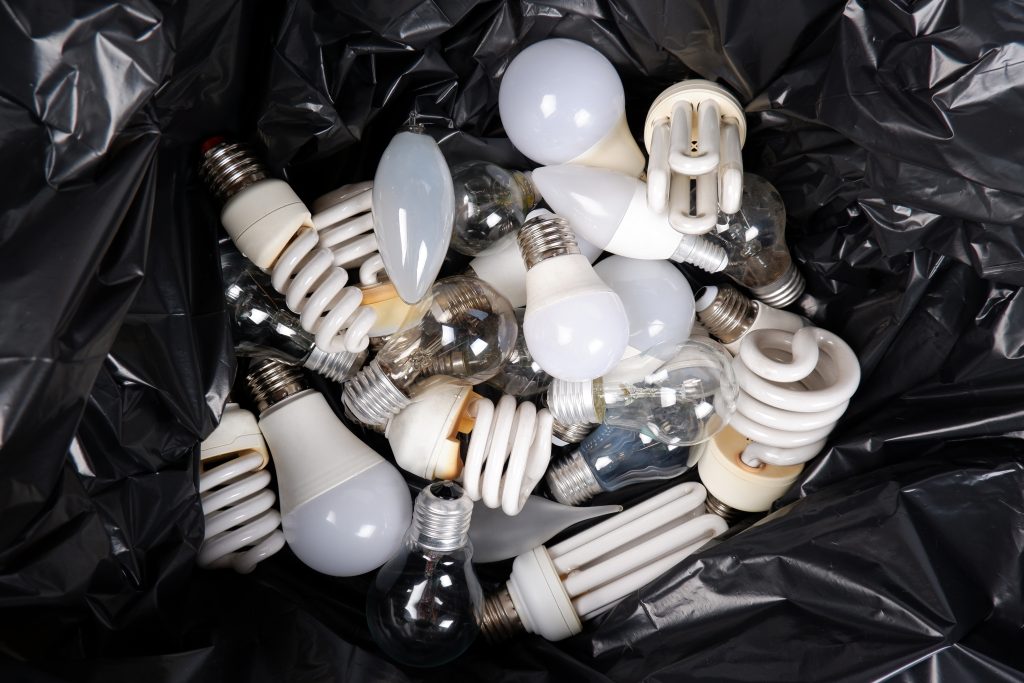
Why You Can’t Just Bin Them
Hazardous waste in regular bins creates serious problems. Chemicals leach into groundwater from landfills, poisoning water supplies for decades. Waste workers face chemical burns, toxic exposure, and injuries from exploding aerosols. Batteries, especially lithium ones, spark increasingly common fires in waste trucks and facilities. Valuable recyclable materials are lost forever in landfill, and improper disposal can result in fines.
How to Dispose of Common Items
Batteries: Take them to collection points at supermarkets, DIY stores, and electronics retailers, or to household waste recycling centres. Store used ones in a plastic container at home until you have enough for a trip. Car batteries go to recycling centres or auto shops.
Paint and solvents: First, see if neighbours or community projects can use leftovers. Most recycling centres accept paint in original tins. Water-based emulsion can be dried out completely, then usually binned (check local rules). Never pour paint down drains – it’s illegal and causes environmental damage.
Household chemicals: Buy only what you need and use products completely. Take them to recycling centres in their original containers, secured in your car boot. Never mix chemicals, as this creates dangerous reactions.
Motor oil: Use oil banks at petrol stations or recycling centres. Store used oil in sealed containers. Never pour it down drains or onto soil – it’s highly toxic and illegal.
Electronics and light bulbs: Many retailers must take back old items under WEEE regulations. Recycling centres accept all types, where they’re sent to specialist recyclers who extract valuable materials.
Aerosols: Fully empty aerosols can often go in recycling bins (check locally). Take partially full ones to recycling centres. Never puncture or burn them yourself.
Medical waste: Pharmacies provide sharps bins and accept them back safely. Return unused or expired medicines to any pharmacy – never flush them, as they contaminate water supplies.
Finding Disposal Options
Check your local council website for comprehensive guides on what they accept and where. Use Recycle Now’s postcode search to find nearby collection points. Ask retailers about take-back schemes when buying new items, and watch for community collection events for hazardous waste.
Safe Storage at Home
While accumulating items for disposal, keep them in original labeled containers, store in a cool, dry place away from children and pets, keep different chemicals separate, check regularly for leaks, and never decant into food or drink containers.
The Bottom Line
Safe disposal of hazardous waste isn’t complicated – it just requires planning and knowing where to take things. By using proper disposal points, you protect the environment, keep workers safe, and ensure valuable materials get recycled. Next time you’re tempted to bin a battery or pour paint down the drain, take the extra step to dispose of it properly. It’s a small action that makes a genuine difference.






